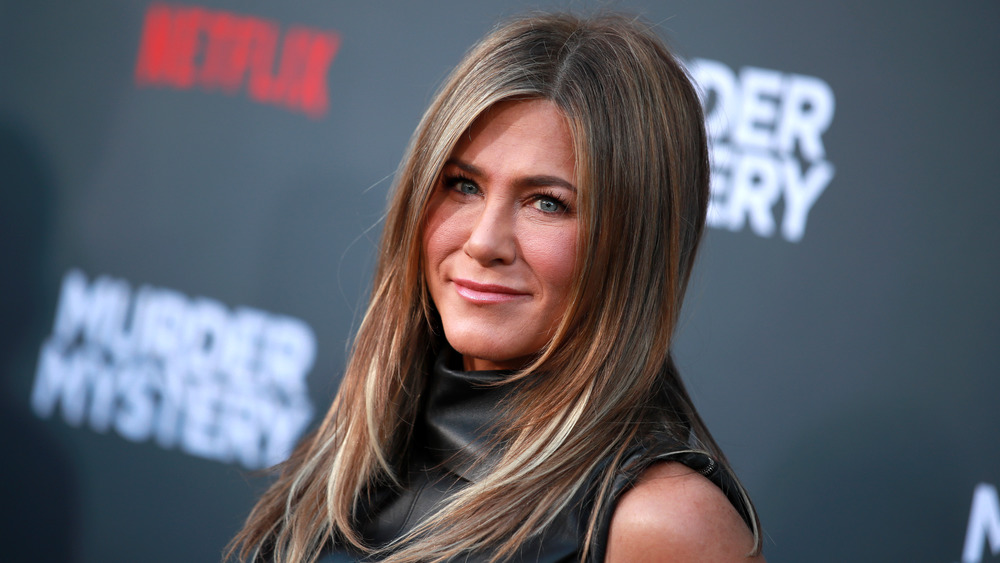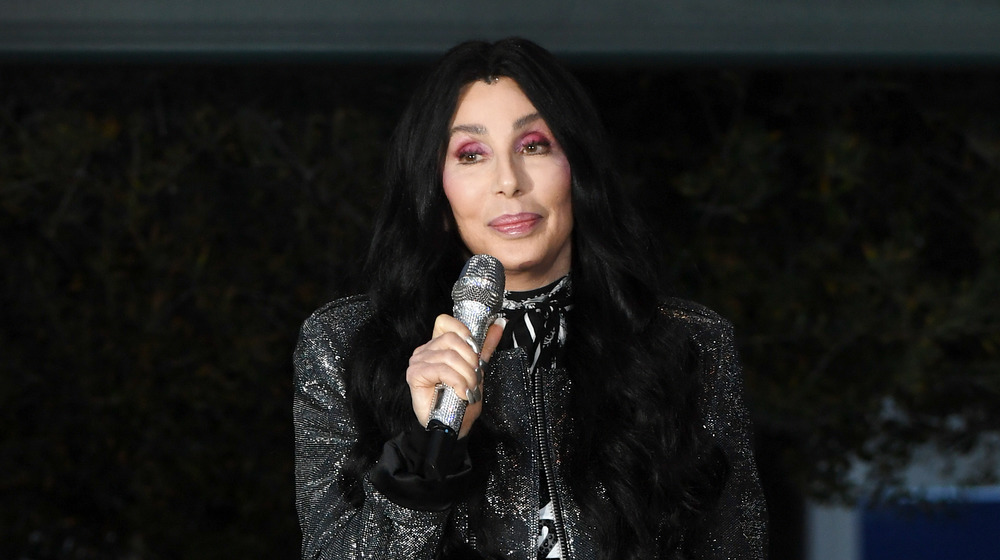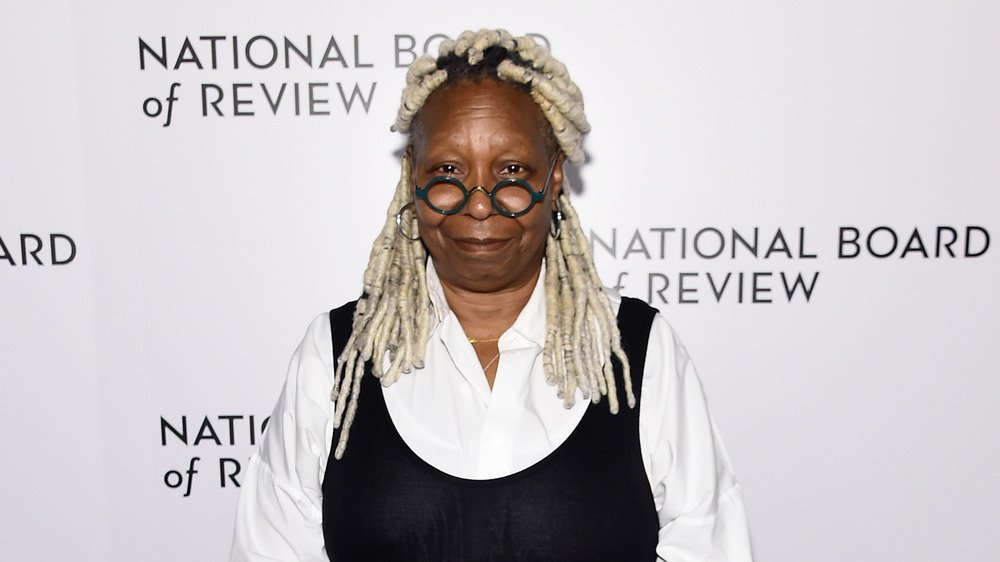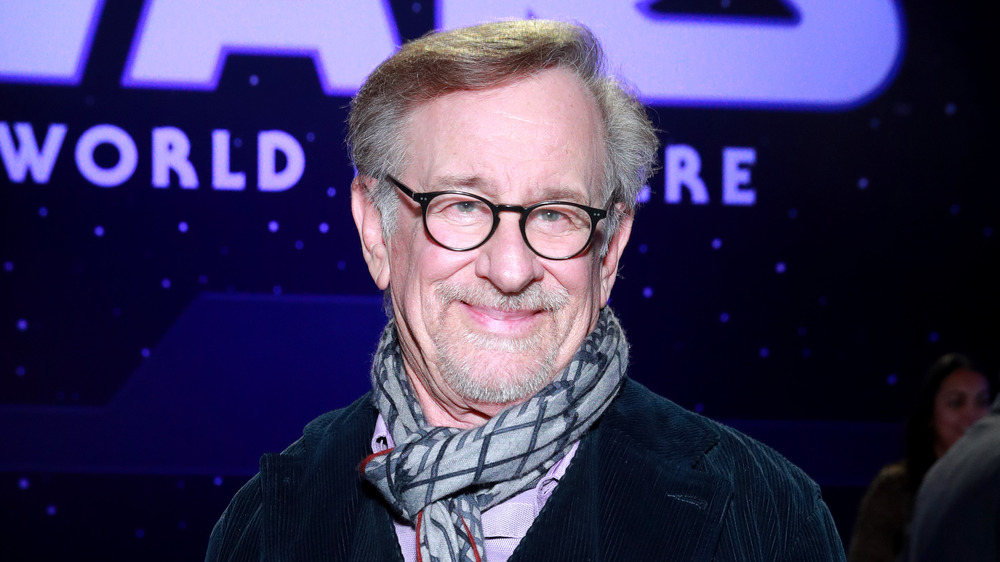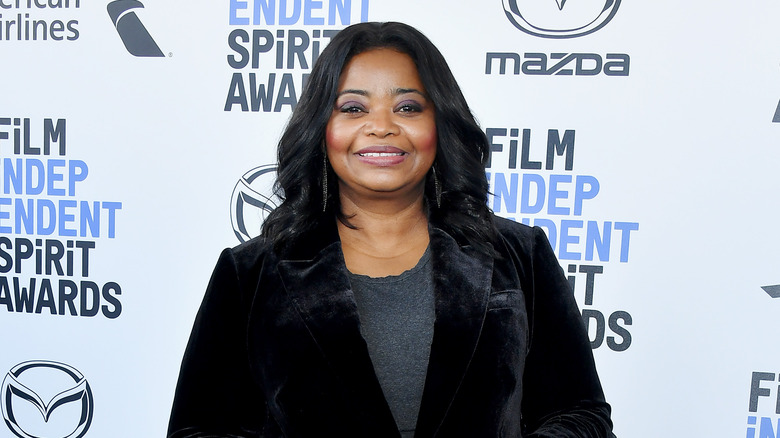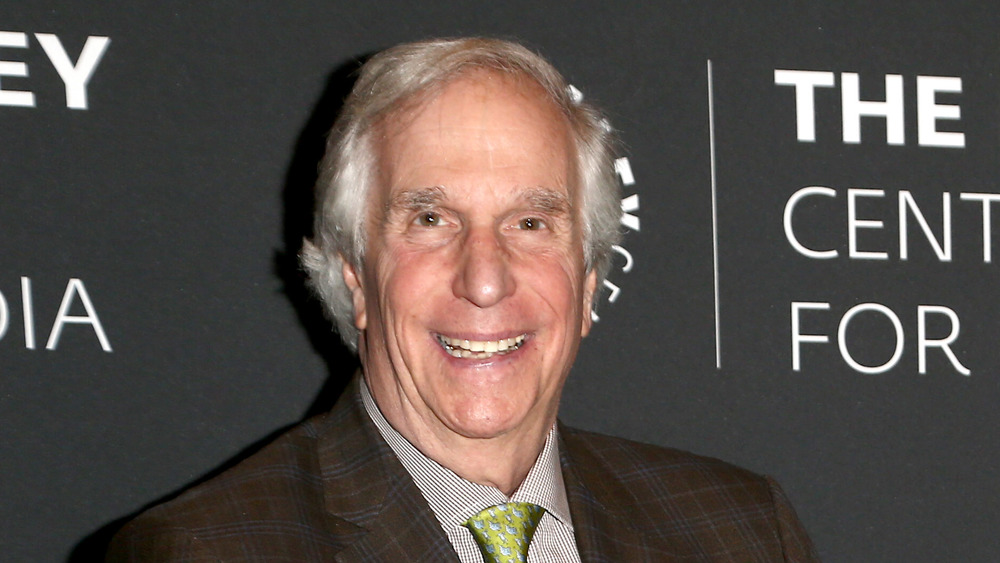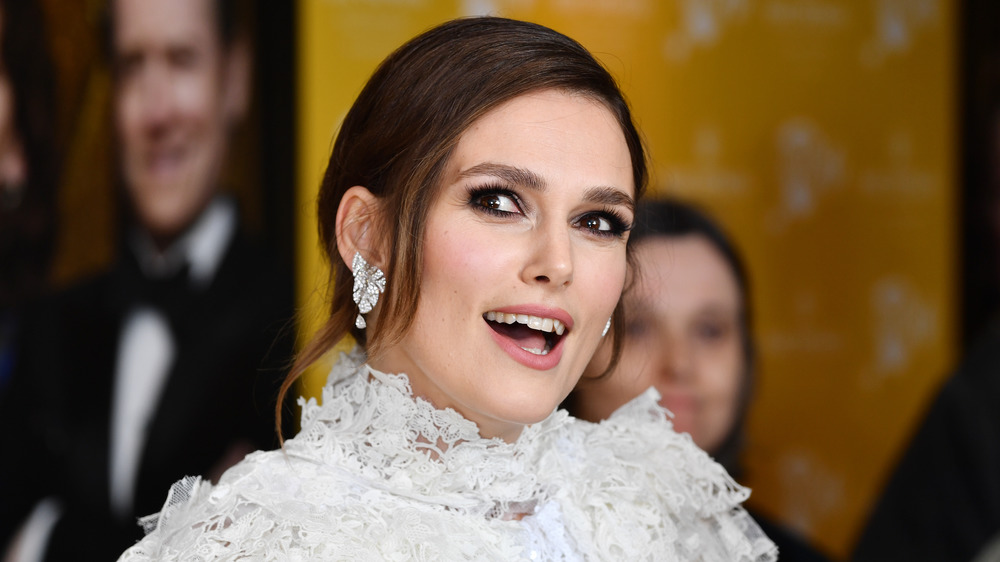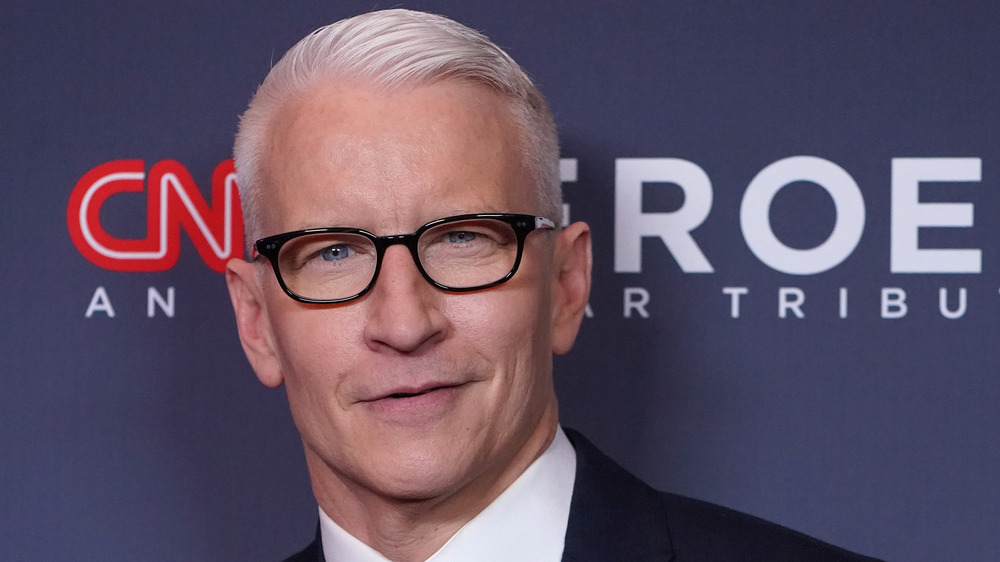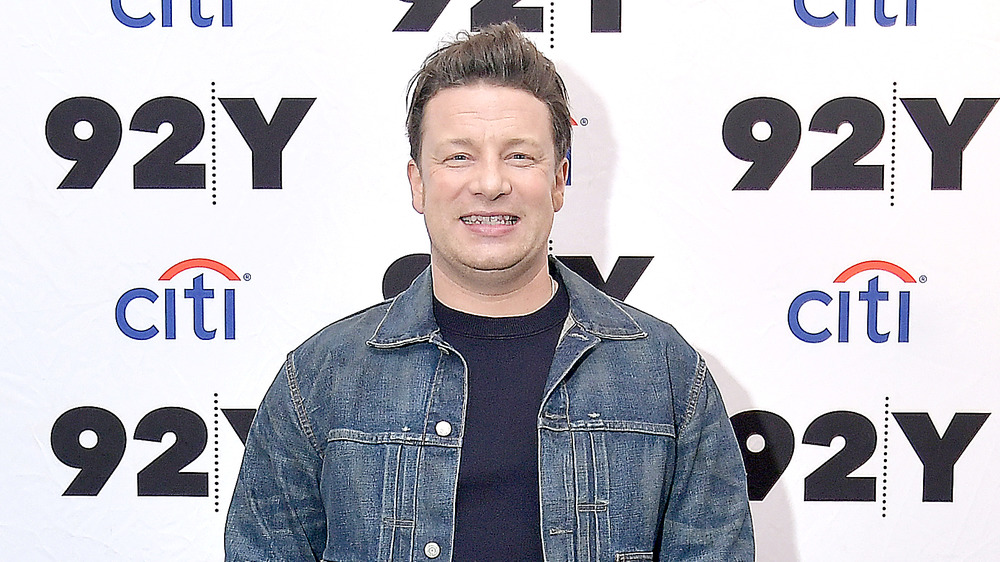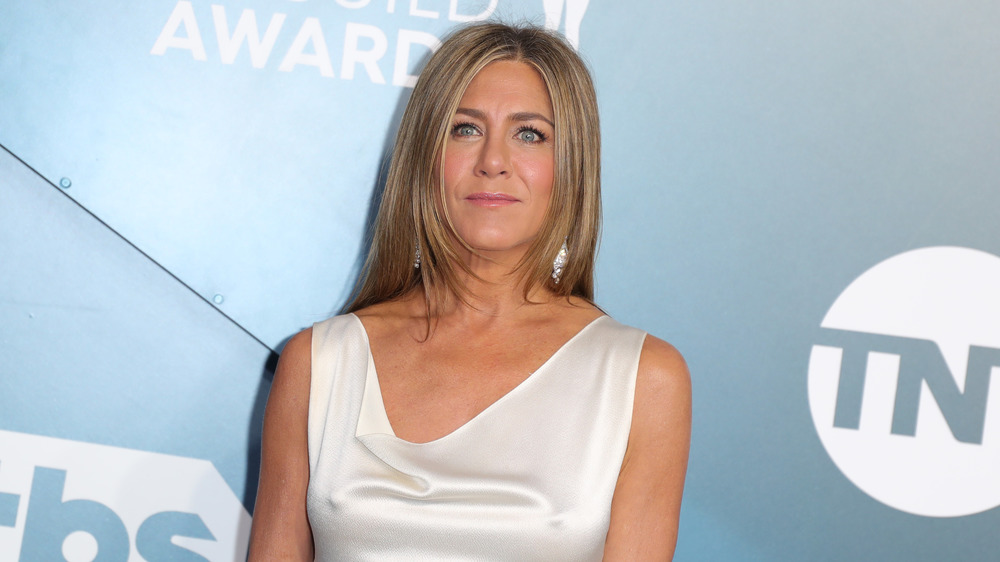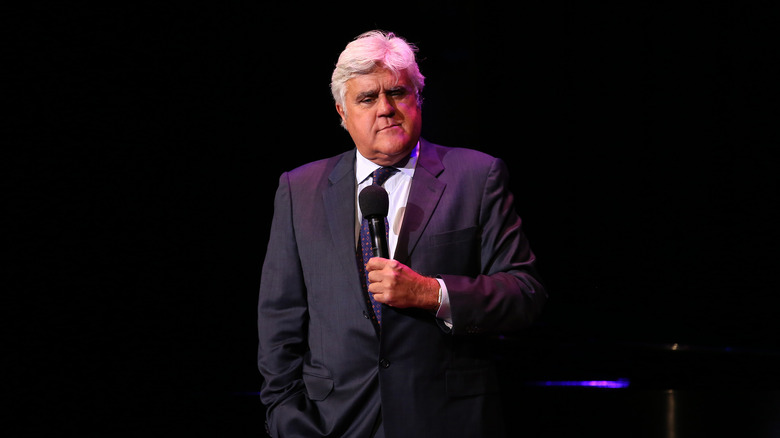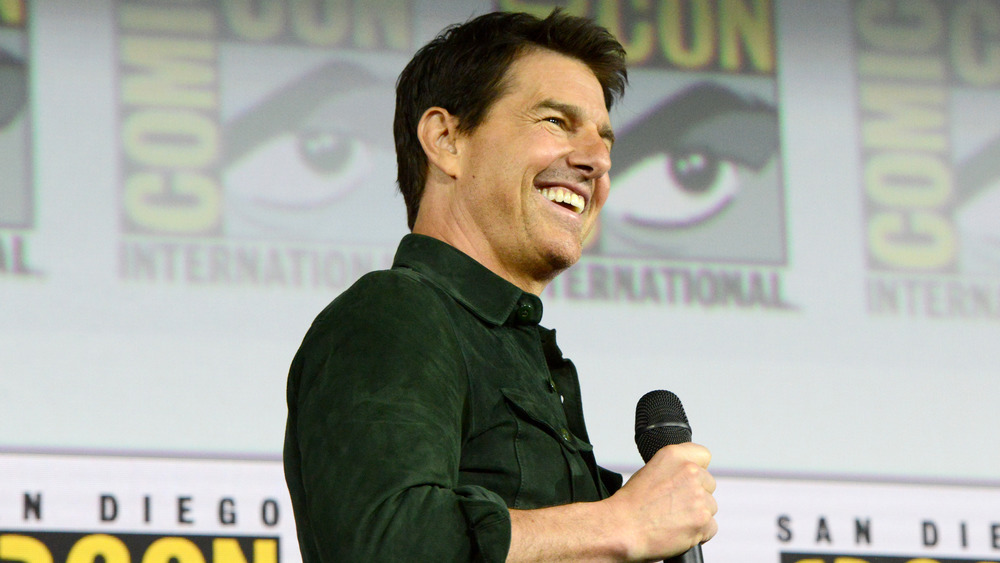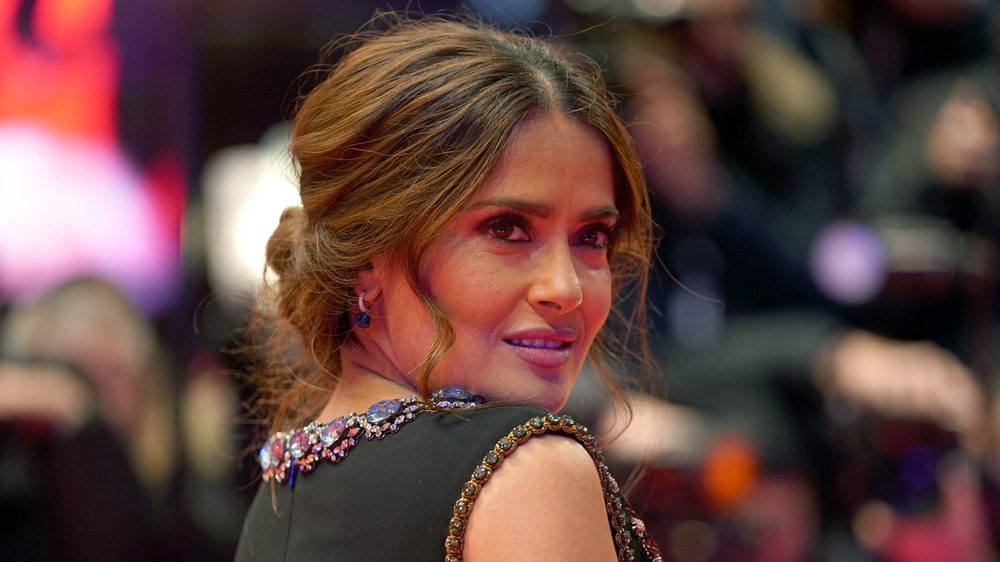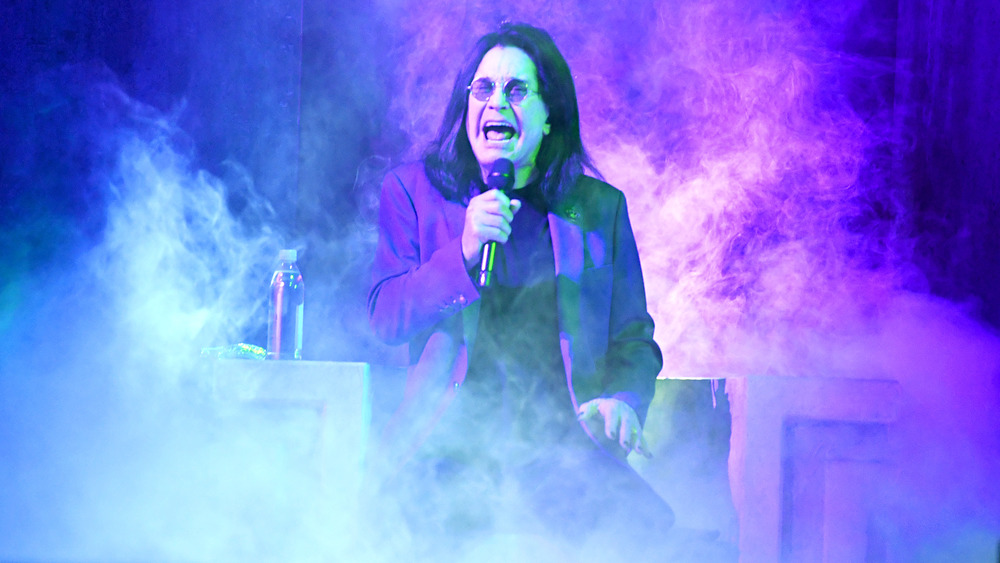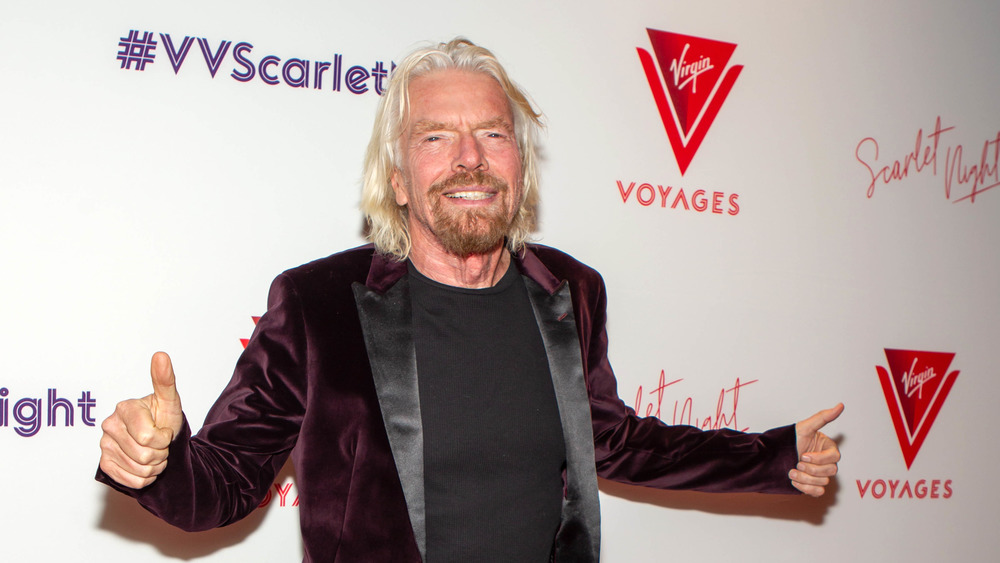Stars Who Are Dyslexic
We may receive a commission on purchases made from links.
The term "dyslexia" was first introduced in the 1880s by German ophthalmologist Rudolf Berlin, who recognized some of his patients had trouble reading words while displaying no vision issues. In the 20th century, dyslexia came to become identified as a common learning disorder; in fact, the International Dyslexia Association estimates that between 15 to 20 percent of the general population have some symptoms of dyslexia. Over the years, dyslexia has also become associated with creativity and outside-the-box thinking, with the likes of Albert Einstein, Leonardo Da Vinci and Thomas Edison thought to be dyslexic.
In the modern era, dyslexia has actually been recognized to carry certain advantages. British billionaire Richard Branson, for example, once tweeted that dyslexics often have "the ability to think flexibly, creatively and solve really complex problems." Moreover, those with dyslexia are often attracted to the performing arts; according to Dyslexic Advantage, some drama schools have reported that "as many as 30 percent of their students are dyslexic."
Given all that, it shouldn't be surprising that numerous celebrities are dyslexic, with many having come forward to share their own personal experiences. Keep on reading to learn about some of the stars who are dyslexic.
Cher's dyslexia led to a lifelong struggle with reading
Cher has long been open about her struggles with dyslexia; back in 1985, in fact, the AP reported on the singer/actor being honored by the Lab School of Washington as one of the year's "outstanding learning disabled achievers." Speaking with AP, she called herself "a terrible reader," while math was also problematic. "Numbers and I have absolutely no relationship," she said. "I can dial a phone OK, as long as it's not long distance."
Noting that when she sees words she tends to "jumble them together," Cher explained that ″the brain has a way of compensating. I read my scripts very, very slowly, but I memorize them almost immediately."
In an interview 25 years later, Cher recalled how she overcame her aversion to reading when her husband/musical partner Sonny Bono gave her a book. "I mean, I think the first book I ever actually read for happiness, Sonny gave me," she told Good Housekeeping. "It was The Saracen Blade. And I read it at my own pace, and I loved it. And then I found out that I loved reading."
Whoopi Goldberg believes her dyslexia led her to become more 'thoughtful'
Whoopi Goldberg's early years in school were difficult ones, as she had yet to be diagnosed as dyslexic and simply assumed she wasn't as smart as her classmates. Speaking with Academy of Achievement in 1994, Goldberg credited her mother for setting her straight. "I knew I wasn't stupid, and I knew I wasn't dumb," she said. "My mother told me that."
While her dyslexia wasn't diagnosed until she became an adult, Goldberg credits her learning disability for giving her a unique perspective. "I think perhaps it made me more introspective. Made me more thoughtful, maybe slightly slower in how I do things because it takes me a minute sometimes to figure things out," she told Child Mind Institute president Dr. Harold Koplewicz at the 13th Annual Adam Katz Memorial Conversation. She also advised parents to advocate for children who may have undiagnosed dyslexia. "If you're the parent of a child like us, you can't be timid, because you're all we have," she explained.
In the aforementioned interview (via Education Update Online), she also encouraged children to advocate for themselves. "You need a conversation with your parents," she said. "Explain you don't understand certain things. Explain how things look to you. Keep them informed."
Steven Spielberg's diagnosis helped him solve a 'tremendous mystery' about himself
It's not hyperbole to describe Steven Spielberg as one of the most commercially successful and critically acclaimed movie directors in Hollywood history. He's also dyslexic, revealing in a 2012 interview with Friends of Quinn's Quinn Bradlee that he had only been diagnosed "about five years ago." Receiving the diagnosis, Spielberg recalled, "explained a lot of things. It was like the last puzzle part in a tremendous mystery that I've kept to myself all these years."
According to Spielberg, he was "two years behind the rest of my class" when it came to reading. This resulted in teasing from classmates, which in turn "led to a lot of other problems I was having in school, but it all stemmed from the fact that I was embarrassed to stand up in front of the class and read."
As Spielberg noted while chatting with Bradlee, reading is a pretty fundamental component of his job, a gig that includes transforming words on a page into a feature film. "It's of critical importance to me that I read books and scripts. And I've been able to overcompensate," he said. "I just know that I'm still slow at reading but I've learned to adjust."
Dyslexia led Oscar winner Octavia Spencer to think 'differently'
Octavia Spencer has not let her dyslexia hold her back from becoming an Oscar-winning Hollywood actor. "I was a dyslexic child and am a dyslexic adult; that doesn't really mean that you're not intelligent — it just means that your brain functions differently," Spencer told WENN (via People). "I was actually tested for the gifted program in my school because I was more auditorially inclined than visually."
While her dyslexia presented challenges, Spencer also recalled being blessed with more "deductive reasoning" than the average person. "I just remember thinking differently. I could solve puzzles quicker than the average child," she said. "I would start with the mazes at the end and go to the front and be done in, like, 30 seconds."
In a 2020 appearance on The Kelly Clarkson Show, Spencer revealed that a teacher helped her cope with her dyslexia by encouraging her to read mystery novels. "It's very hard for dyslexics to engage with the text or a narrative, and my teacher would say, 'Here's something you should read: Encyclopedia Brown. And you gotta read everything because you don't know what's gonna be a clue,'" Spencer explained. "It kept me engaged."
Henry Winkler was relieved to find out he 'had something with a name'
One of television's biggest stars when he played Happy Days' Fonzie, Henry Winkler has been very candid about his dyslexia over the years. In fact, Winkler has even turned his own personal experience with dyslexia into a series of children's books about dyslexic 12-year-old "underachiever" Hank Zipzer, which was adapted as a British TV series.
Not knowing he had dyslexia, Winkler said in an interview with NPR, hammered his self-confidence as a child. "I thought I was stupid... You take that mantle with you when it's said often enough and when you're young enough," he explained. "There is an emotional component, I think, that comes along with learning challenges, where I had no sense of self."
It wasn't until he was an adult that Winkler realized his lifelong struggles with reading and writing were the result of a learning disability, not stupidity. The epiphany, he revealed, came when his stepson was evaluated and diagnosed with dyslexia. "I went 'Oh my goodness, that's me,'" Winkler said. "And so at 31, I found out I wasn't stupid, that I wasn't lazy — that I had something with a name."
Keira Knightley coped with her dyslexia in the most actorly way possible
Two-time Oscar nominee Keira Knightley was diagnosed with dyslexia as a child. "When I was six, they found out I couldn't read at all, and so I was diagnosed with dyslexia at about six-and-a-half," she told GMTV. According to Knightley, her mother — playwright, novelist and screenwriter Sharman Macdonald — enticed her with a bribe, promising the aspiring young thespian she would get her an agent if she worked on her reading "every single day through the summer holidays."
Meanwhile, her mother had been working with actor Emma Thompson, who was adapting Jane Austen's novel into a screenplay for the 1995 film Sense and Sensibility, in which Thompson also starred. To encourage Knightley's reading, she divulged in an interview with GQ, her mother gave her a copy of Thompson's screenplay.
"I'm a huge fan of Emma Thompson. Huge," Knightley explained. "And I was — am? — dyslexic, and all the way she got me over it was to say: 'If Emma Thompson couldn't read, she'd make f***ing sure she'd get over it, so you have to start reading, because that's what Emma Thompson would do.'"
Anderson Cooper would 'pretend to read' as a kid
CNN anchor Anderson Cooper grew up with the proverbial silver spoon in his mouth, son of heiress/denim guru Gloria Vanderbilt. As Cooper told Oprah magazine, he "grew up in a home where reading and writing had great value," noting that he imitated his older brother's habit of carrying a book around with him. However, he shared during a speech for the The National Center for Learning Disabilities, "I would just pretend to read the book, because I had trouble, obviously, reading and making sense of words, in particular, letters."
After his teachers picked up on his reading problems, he was diagnosed with dyslexia, and then worked with a reading specialist who helped him understand his learning disability. According to Cooper, he became so good at developing coping skills to overcome his reading difficulties that people are often shocked to discover that he's dyslexic.
"I think it's a sign of probably how well I tried to hide it when I was a little kid," he said in the aforementioned speech. "I remember at the time being concerned that other people would find out about it."
Celebrity chef Jamie Oliver was 38 when he read his first book
Jamie Oliver had written nearly 20 books when he decided it was high time he should probably read one. In a 2013 interview with The Telegraph, the Naked Chef host explained he had just finished reading his first book all the way to the end, Catching Fire, sequel to The Hunger Games. "I've never read a book in my life, which I know sounds incredibly ignorant but I'm dyslexic and I get bored easily," he said.
Oliver, however, doesn't see his dyslexia as an affliction, but as a sort of superpower. "If I'm in a meeting, I just see the problems differently and I obsess about things differently," he told Radio Times. "Sometimes, when it requires a load of stuff to be done, I just do it. It's like I'm a massive, 10-ton boulder rolling down the hill."
The accomplished chef also shared his belief that children should consider themselves "lucky" to be diagnosed with dyslexia. "I genuinely think that when someone says to you, Johnny's got dyslexia,' you should get down on your knees, shake the child's hand and say, 'Well done, you lucky, lucky boy,'" Oliver added.
An eye exam led to Jennifer Aniston's diagnosis
Had it not been for an eye examination, Jennifer Aniston may never have discovered she was dyslexic. "The only reason I knew [that I had it] was because I went to get a prescription for glasses," she explained in an interview with The Hollywood Reporter. "I had to wear these Buddy Holly glasses. One had a blue lens and one had a red lens. And I had to read a paragraph, and they gave me a quiz, gave me 10 questions based on what I'd just read, and I think I got three right."
The testing process continued. "Then they put a computer on my eyes, showing where my eyes went when I read," she recalled. "My eyes would jump four words and go back two words, and I also had a little bit of a lazy eye, like a crossed eye, which they always have to correct in photos." This ultimately led her to be diagnosed with dyslexia, which cleared up a lot of things for her.
"I thought I wasn't smart," admitted the Friends star. "I just couldn't retain anything."
Dyslexia drove Jay Leno's legendary work ethic
Jay Leno reportedly earned $30 million a year as host of NBC's Tonight Show, but famously boasted of never spending any of his salary. As he told CNBC, he lived quite comfortably on the money he made performing standup comedy, as many as 150 dates a year. "I've never touched a dime of my Tonight Show money. Ever," he shared.
Known for eschewing vacations in order to take on more standup gigs, Leno revealed in a different CNBC interview that his extreme work ethic is a direct outgrowth of his dyslexia. "My mother always said to me, since I was dyslexic, 'You're going to have to work twice as hard as the other kids to get the same thing,'" he recalled. "I said, 'OK. That seems fair.' And I did work twice as hard to get the same thing."
Decades later, his mom's advice continues to form the basis of Leno's philosophy when it comes to the way he approaches his comedy career. "Never think you're better, or, for any reason, smarter," he told the outlet. "Just keep working and plugging away."
Tom Cruise claimed Scientology helped him with reading
Diagnosed as dyslexic when he was just seven, Tom Cruise told People that when he graduated high school in 1980, he "was a functional illiterate." The Top Gun star continued, "I'd try to concentrate on what I was reading, then I'd get to the end of the page and have very little memory of anything I'd read. I would go blank, feel anxious, nervous, bored, frustrated, dumb." He described becoming angry, even experiencing physical pain from his frustration, feeling like he was constantly keeping a secret.
"I had run the gamut, hiring specialists for myself privately, bringing in tutors and hearing why I would just have to 'learn to deal' with being dyslexic," he explained. "I had been told I had all the symptoms of dyslexia, but no one had given me a solution."
According to Cruise, he was finally able to overcome his learning disability by using a controversial Scientology technique called "study technology," which provided him the heretofore unattainable ability to read and retain what he'd just read. Once he mastered that technique, Cruise declared, "everything fell into place."
Despite her dyslexia, Salma Hayek is a 'fast learner'
When Salma Hayek left her native Mexico and arrived in Los Angeles with dreams of stardom, she could barely speak any English. As she revealed in an interview with Oprah Winfrey, she was also dyslexic, which only compounded the difficulties she experienced. Asked if she was even able to read a street sign, Hayek replied, "Turn left?' That alone was a blur."
Despite her learning disability, Hayek was able to pick up English quickly. "I'm really a fast learner," she said in an interview with WebMD. "I always was, which is maybe why in high school they didn't realize I had dyslexia. I skipped years without studying too much."
Her dyslexia "doesn't bother me now. Some people read really fast, but you'll ask them questions about the script and they'll forget. I take a long time to read a script, but I read it only once." In fact, when she made her directorial debut with the made-for-TV movie The Maldonado Miracle — for which she won a Daytime Emmy — her slow reading of the screenplay left her better prepared than anyone else. "I never brought the script to the set," she said.
Teleprompters are not much of a help to Ozzy Osbourne
In a 2019 feature for GQ, rock icon Ozzy Osbourne discussed some of the things he'd been doing as part of his recovery program after treatment for his various addiction issues, one of which was taking "a daily inventory" of what went on in his life.
"I am terribly dyslexic and have attention deficit disorder, so I have to carry a tape recorder everywhere I go," he explained. "Also, if I get a melody in my head, I have to record it straight away. There are times when I lie in bed at night and I go, 'F**king hell, that's a great melody.' I can hear the finished thing in my head. I hear concertos, f**king violins and everything!"
The Black Sabbath frontman also referenced his dyslexia in an interview with Metal Hammer, explaining how it affects him when he's onstage. "When I'm up there I've got the teleprompter, and I'm dyslexic so I read it backwards anyway," he said, admitting he's not too fussy about ensuring he's always singing the exact words. "I'm not that serious about lyrics, as long as they're all singing and having fun I couldn't give a f**k," he shared.
Sir Richard Branson believes dyslexia provides the skills of the future
Virgin CEO Sir Richard Branson has been open about being dyslexic, and firmly believes that his learning disability has actually been the secret to his success. "My dyslexia has shaped Virgin right from the very beginning and imagination has been the key to many of our successes," he wrote in a 2019 blog post.
Dyslexia, he explained, "helped me think big but keep our messages simple." While the devil can be in the details in the world of business, Branson also believes in the importance of big-picture thinking, insisting that "the ability to dream, conceptualize and innovate is what sets the successful and the unsuccessful apart."
Those abilities, he explained, will become even more important in the future as artificial intelligence and other emerging technologies take hold. "These are also skills that are going to be urgently needed in the new world of work," he wrote. "Problem solving, creativity and imagination will be in high demand with the rise of AI and automation. It was great to read in a recent EY report that dyslexics have exactly the skills needed for the future workplace."

